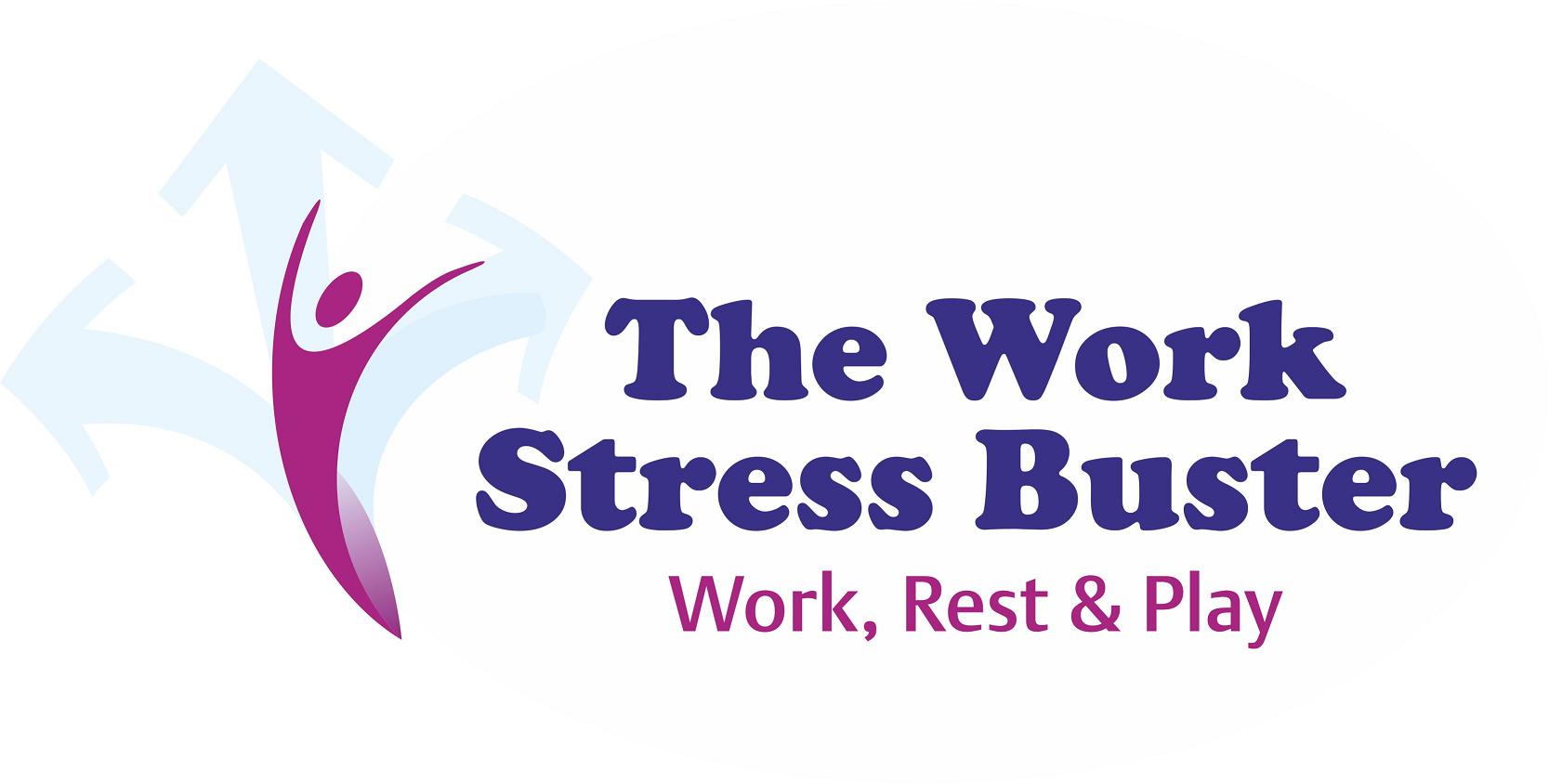The Language of Stress
For those of us who work in busy, hectic environments, the sound of stressed out people is everywhere!
It could be your voice- ‘I haven’t done this, I haven’t done that’, ‘I have got to get that done today’ ‘I should have really rang him/ her’.
It could be a manager:
‘Do this, now. please’ [the please makes all the difference, evidently],
‘You really need to be pulling your weight’,
‘This is a priority… that is a priority’.
Using these words, or as I describe them; the language of obligation and necessity, typically creates a certain level of panic and anxiety. It’s certainly does NOT evoke a picture of a calm person who has everything in control.
I propose that how we use language can make a situation more stressful. Nor does it create more time or help a worker to do a task any quicker.
So what are the words to avoid? Words like must, should, have to, need to. As I write this, I can think of ‘requests’ [or demands, as I see them] made of me by Senior staff:
e.g. ‘You should have done [it] before’.
Should, in particular is a very judgemental word. And it can create in the recipient of said evaluation, a sense that what they’re doing is not good enough when they may have done their very best in the given circumstances. It is especially worthwhile for managers to be cautious in their use of this word.
‘Have to’ and ‘Need to’ are similar in terms of how they may be experienced by a recipient; both can sound very demanding, and the recipient may feel ‘hemmed in’ and like there are few other options. In addition, ‘need to’ can be experienced as manipulative and even coercive. After all, there are few things we really ‘need’ (these being oxygen and water) and everything else is secondary and can therefore be addressed in time.
One may find that those that use such language may benefit from monitoring and managing their own anxiety levels better (rather than projecting these unto others, often more junior staff).
So, instead of the above, what can be used instead? As I have used in the text so far; might and can, are language of possibilities.
E.g. ‘You can try to/ I can get this much done today’,
I can ring them [tomorrow],
‘I might be able to…’
These sentences are the same as those examples above but using might or can, gives the same sentence a different feel- it feels more encouraging and like more is achievable.
Suggestions:
So if you’re a manager who finds themselves using should and must, replace them with can, might, it’s possible. And see the difference this makes to your conversations and relationships with your staff group.
And if you are someone who uses the former language in self talk/ self critique, you too might notice a worthwhile improvement in how you feel when you replace these words with language of possibilities.
Try these suggestions in your work place
and let me know how you do!
